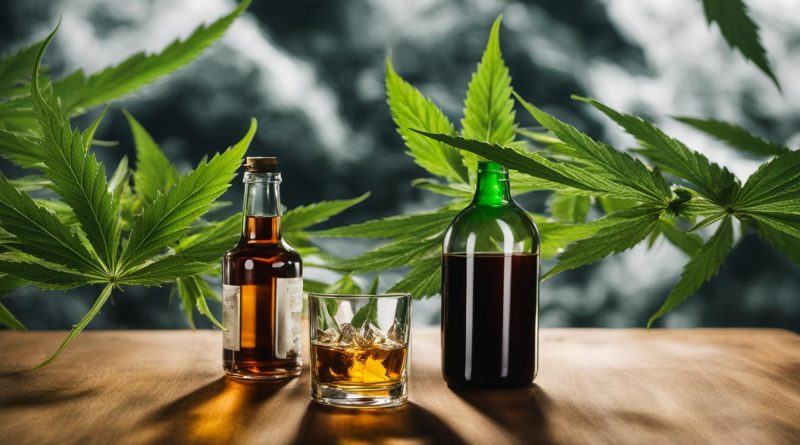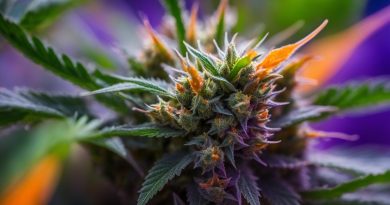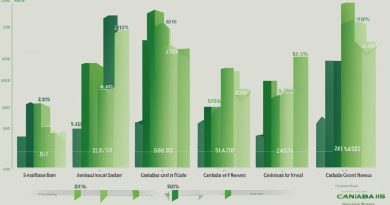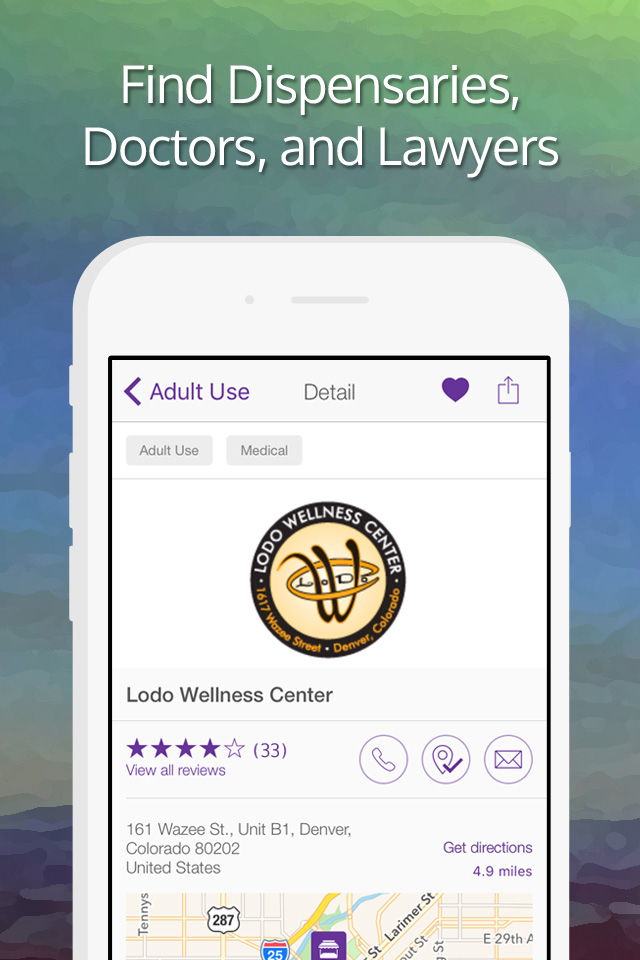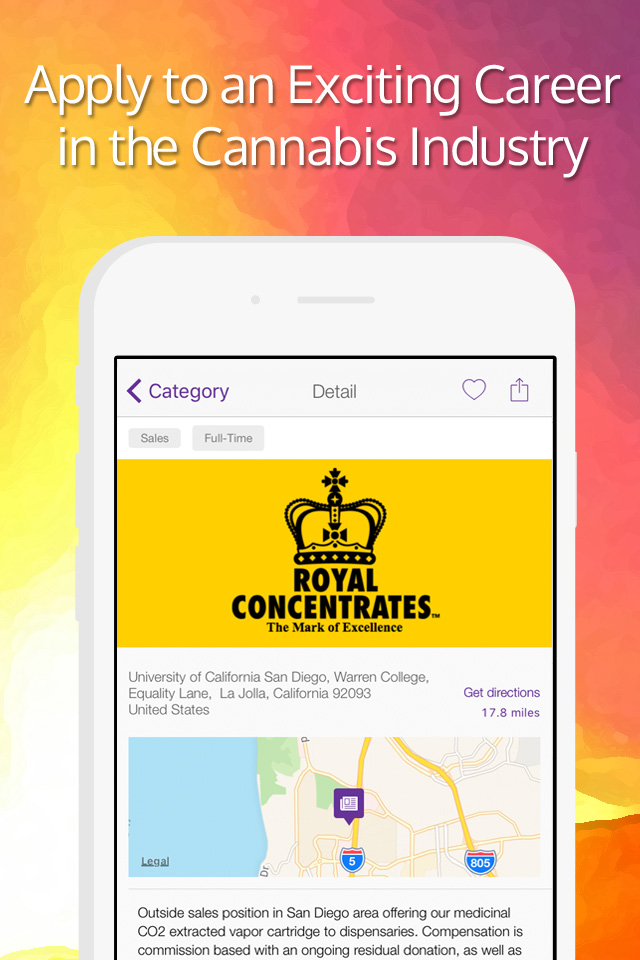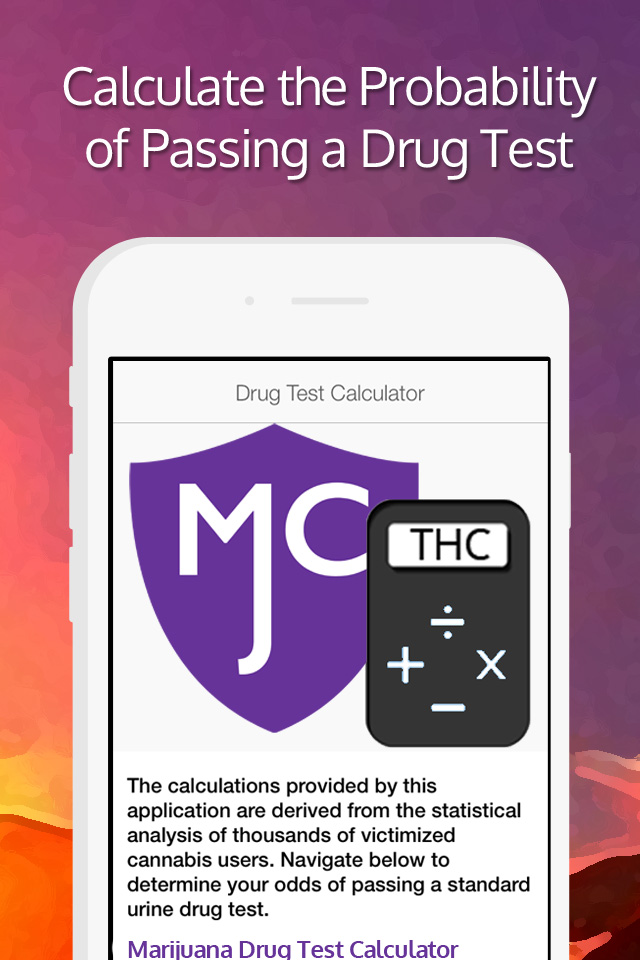Comparing Effects of Cannabis and Alcohol
Welcome to our comprehensive comparison of the effects of cannabis and alcohol on the body. In this article, we will explore how these substances impact our health and well-being. Cannabis and alcohol are two widely used substances that can have different effects on our mind and body. By understanding the similarities and differences between them, we can make informed choices about their consumption.
Key Takeaways
- Cannabis and alcohol have distinct effects on the body.
- Alcohol can cause short-term intoxication, coordination impairment, and cognitive skills decline.
- Cannabis can alter perception, impair coordination, and cognitive skills.
- Both substances have potential long-term health risks, but more research is needed to fully understand the effects of cannabis.
- Moderation and responsible use are key when consuming cannabis or alcohol.
Short-Term Effects of Alcohol
The consumption of alcohol can have various short-term effects on the body. One of the most noticeable effects is intoxication, which can lead to impaired coordination and cognitive skills. Alcohol affects the central nervous system, slowing down brain activity and hindering the ability to think clearly and make rational decisions. This impairment of cognitive function can also impact one’s judgment, making risky behaviors more likely.
Additionally, alcohol can cause relaxation and a sense of giddiness or happiness. It can initially increase confidence and socialization, but as consumption continues, these effects can intensify and lead to further impairment. Drowsiness is another common short-term effect of alcohol consumption, which can result in decreased alertness and reaction time.
| Short-Term Effects of Alcohol |
|---|
| Intoxication |
| Impaired coordination |
| Impaired cognitive skills |
| Relaxation |
| Giddiness |
| Drowsiness |
However, it’s important to note that alcohol can also have negative effects. Hangovers, for example, can occur the next day and come with symptoms such as headaches, nausea, fatigue, and dehydration. These symptoms can significantly impact one’s overall well-being and ability to function normally.
Overall, the short-term effects of alcohol consumption can range from impaired coordination and cognitive skills to relaxation and drowsiness. Understanding and being aware of these effects can help individuals make informed decisions and prioritize their health and safety.
References:
- “Alcohol and its effects.” Centers for Disease Control and Prevention, 2021, www.cdc.gov/alcohol-fact-sheet/index.html
- “Short-term effects of alcohol.” National Institute on Alcohol Abuse and Alcoholism, 2021, www.niaaa.nih.gov/publications/brochures-and-fact-sheets/alcohol-facts-and-statistics
Short-Term Effects of Cannabis
When it comes to the short-term effects of cannabis, it’s important to understand the impact it can have on our perception, coordination, and cognitive skills. One of the most notable effects of cannabis is the alteration of perception, particularly the perception of time. Users may experience a distorted sense of time, with minutes feeling like hours or vice versa. This can contribute to a sense of relaxation and can also lead to feelings of giddiness or euphoria.
Unfortunately, cannabis can also impair coordination and motor skills, which can have implications for tasks that require fine motor control or precise movements. This can make activities like driving or operating machinery unsafe while under the influence of cannabis. Additionally, cannabis has been shown to temporarily impair cognitive skills, such as memory, attention, and problem-solving abilities.
It’s also worth noting some of the physical effects that can accompany cannabis use. Some users may experience dry mouth, often referred to as “cottonmouth,” as well as red or bloodshot eyes. Increased appetite, commonly known as the “munchies,” is another common short-term effect of cannabis use. While these physical effects may not be directly harmful, they can be noticeable and potentially uncomfortable for some individuals.
The Impact on Driving Ability
One area of concern when it comes to the short-term effects of cannabis is its impact on driving ability. Research has shown that cannabis use can impair driving skills, leading to slower reaction times, decreased concentration, and reduced coordination. These impairments can significantly increase the risk of accidents on the road, making it important to avoid driving while under the influence of cannabis.
| Alcohol | Cannabis | |
|---|---|---|
| Impaired Coordination | ✓ | ✓ |
| Altered Perception | ✕ | ✓ |
| Impaired Cognitive Skills | ✓ | ✓ |
| Dry Mouth | ✕ | ✓ |
| Red Eyes | ✕ | ✓ |
| Increased Appetite | ✕ | ✓ |
When using cannabis, it’s important to be aware of the short-term effects it can have on our perception, coordination, and cognitive skills. These effects can impair our ability to perform tasks that require precision and focus, such as driving or operating machinery. It’s crucial to prioritize safety and make responsible choices when using cannabis.
Long-Term Health Risks of Alcohol
When it comes to long-term health risks, alcohol carries a significant burden. Regular and excessive alcohol use can have detrimental effects on various organs and systems in the body. Let’s take a closer look at some of the potential health risks associated with alcohol consumption:
Liver disease: Prolonged alcohol abuse can lead to liver damage, including fatty liver, alcoholic hepatitis, and cirrhosis. These conditions can impair liver function and, in severe cases, result in liver failure.
Pancreatitis: Alcohol abuse is a known risk factor for pancreatitis, an inflammation of the pancreas. Chronic pancreatitis can cause a range of digestive issues and potentially lead to pancreatic cancer.
Heart damage: Excessive alcohol consumption can weaken the heart muscle, leading to conditions like cardiomyopathy and an increased risk of heart failure. It can also contribute to high blood pressure and increase the likelihood of stroke or other cardiovascular diseases.
Infertility: Alcohol use can negatively impact reproductive health in both men and women. It can disrupt hormone levels, impair sperm quality and function, and affect menstrual cycles and fertility in women.
| Health Risk | Description |
|---|---|
| Liver Disease | Prolonged alcohol abuse can lead to liver damage, including fatty liver, alcoholic hepatitis, and cirrhosis. |
| Pancreatitis | Alcohol abuse is a known risk factor for pancreatitis, an inflammation of the pancreas. |
| Heart Damage | Excessive alcohol consumption can weaken the heart muscle, leading to conditions like cardiomyopathy and an increased risk of heart failure. |
| Infertility | Alcohol use can negatively impact reproductive health in both men and women. |
It’s important to note that these are just a few examples of the long-term health risks associated with alcohol consumption. The impact of alcohol on the body can vary depending on factors such as the amount consumed, frequency of use, and individual susceptibility. While moderate alcohol consumption may not pose significant health risks for some individuals, excessive and chronic use can have serious consequences for overall well-being.
Long-Term Health Risks of Cannabis
When it comes to the long-term health risks of cannabis, the evidence is still evolving. While some studies suggest potential concerns, it is important to note that more research is needed to fully understand the effects of long-term cannabis use on the body. One area of concern revolves around brain development issues, particularly in adolescents and young adults.
Research has shown that the brain undergoes significant development during these stages of life, and cannabis use during this time may have an impact. Studies have indicated that heavy and prolonged cannabis use in adolescence may lead to alterations in brain structure, cognitive function, and academic performance. However, it is important to note that the extent and significance of these effects are still being explored.
Another potential risk associated with long-term cannabis use is an increased susceptibility to mental health issues, specifically schizophrenia. Some studies have suggested a link between cannabis use, particularly heavy and frequent use, and the development of schizophrenia in individuals who are already predisposed to the disorder. However, it is important to note that the relationship between cannabis and schizophrenia is complex and not fully understood.
In conclusion, the long-term health risks of cannabis are still being investigated. While some evidence suggests potential concerns regarding brain development issues and its association with schizophrenia, more research is needed to establish conclusive findings. It is crucial for individuals to make informed decisions about cannabis use, considering their own health and well-being.
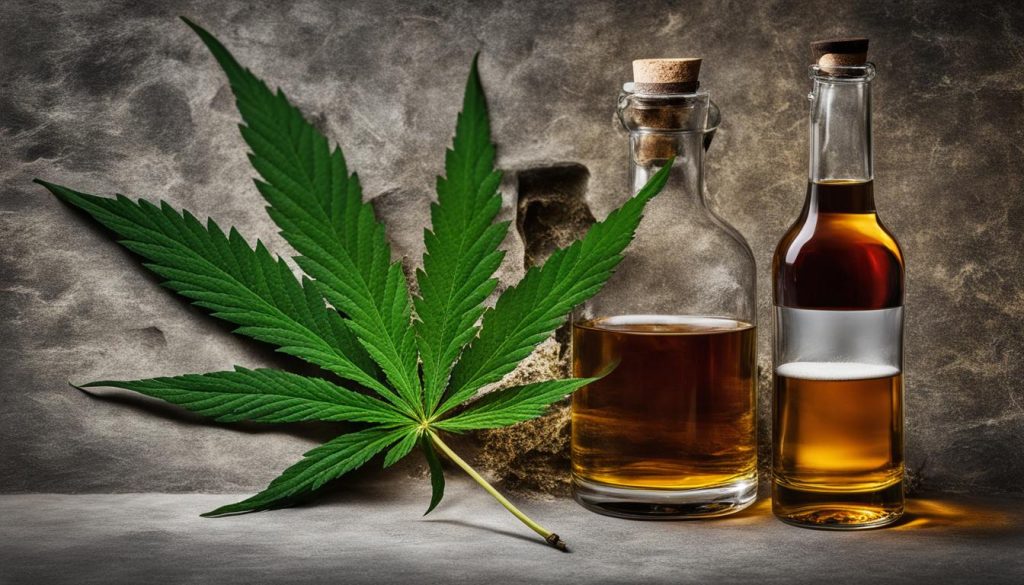
Table: Potential Long-Term Health Risks of Cannabis
| Risk | Description |
|---|---|
| Brain development issues | Potential impact on brain structure, cognition, and academic performance, especially in adolescents and young adults |
| Schizophrenia | Possible association between heavy and frequent cannabis use and increased risk of developing schizophrenia in individuals predisposed to the disorder |
| Other mental health effects | Some studies suggest a potential link between cannabis use and increased risk of other mental health conditions, although further research is needed |
| Respiratory issues | Smoking cannabis can lead to respiratory problems, similar to smoking tobacco |
| Impaired memory and cognition | Long-term use may affect memory, attention, and cognitive function |
Potential for Misuse of Alcohol and Cannabis
When it comes to alcohol and cannabis, both substances have the potential for misuse and addiction. While they may differ in how they are consumed and their legal status, the risk of dependence exists for both. It’s important to be aware of the potential risks and to approach their use with caution.
The Potential for Misuse and Addiction
Alcohol use disorder is a relatively common problem, with many individuals struggling to control their drinking habits. The frequent and excessive consumption of alcohol can lead to physical and emotional dependence, resulting in a range of negative consequences for health, relationships, and overall well-being. It’s essential to drink responsibly and be aware of the signs of alcohol misuse.
Cannabis addiction, on the other hand, is more prevalent than many may realize. Despite the perception that cannabis is a relatively harmless substance, it can lead to dependency and problematic use. The use of cannabis can become habitual and compulsive, impacting daily functioning and causing withdrawal symptoms when use is discontinued. It’s important to recognize the signs of cannabis addiction and seek professional help when needed.
Finding a Balance
While alcohol and cannabis can be enjoyed in moderation by many individuals without developing addiction or experiencing negative consequences, it’s crucial to find a balance that works for you. It’s recommended to be aware of personal limits and boundaries, taking breaks from substance use, and seeking support if you find it difficult to control consumption. Being mindful of your own well-being and maintaining a healthy lifestyle are key factors in reducing the potential for misuse and addiction.
Remember, everyone’s relationship with alcohol and cannabis is unique, and what works for one person may not work for another. By staying informed, being aware of the potential risks, and making conscious choices, we can better navigate our use of these substances and prioritize our health and well-being.

The Bottom Line
When it comes to comparing the effects of cannabis and alcohol, it’s important to consider the overall health and safety implications. While both substances can have an impact on the body, there are some key differences to keep in mind.
Comparing the Effects
Alcohol is well-known for its short-term effects, such as intoxication, impaired coordination, and cognitive skills. It can also lead to relaxation, giddiness, and drowsiness. On the other hand, cannabis can cause altered perception of time and impair coordination and cognitive skills. Similar to alcohol, it can also induce relaxation, giddiness, and drowsiness. Some users may experience dry mouth, red eyes, or increased hunger.
When it comes to long-term health risks, regular alcohol use can contribute to chronic diseases like liver disease, pancreatitis, heart damage, and infertility. It can also impact the central nervous system and lead to erectile dysfunction. In contrast, the long-term effects of cannabis are still being studied. However, research suggests that it may impact brain development and could be linked to conditions like schizophrenia. It’s important to note that more research is needed to fully understand the long-term risks associated with cannabis use.
Moderation and Responsible Use
Both alcohol and cannabis have the potential for misuse and addiction. Alcohol use disorder is relatively common, and surprisingly, cannabis addiction is also widespread. Both substances can lead to physical and emotional dependence. Therefore, it’s crucial for individuals to practice moderation and responsible use when consuming either cannabis or alcohol.
The bottom line is that while cannabis appears to have fewer long-term risks than alcohol, it’s essential to remember that individuals’ responses to each substance can vary. Moderation and responsible use are key for both cannabis and alcohol. It’s up to us to make informed choices and consider our own health and well-being.

Social and Cultural Impacts of Alcohol and Cannabis
In today’s society, both alcohol and cannabis have significant social and cultural impacts. Alcohol has long been embedded in cultural traditions and plays a central role in many social gatherings and events. From weddings to sporting events, alcohol is often seen as a way to celebrate and relax with friends and family. It has become a commonly accepted part of socializing and enjoying leisure time.
Cannabis, on the other hand, still faces stigma and is gradually gaining acceptance in many cultures. The perception of cannabis use varies widely, from being viewed as a harmful drug to a medicinal substance. However, with the legalization of recreational cannabis in several states in the United States, attitudes are slowly shifting. Cannabis is now being seen as a potentially normal part of social interactions in certain contexts.
While alcohol is deeply ingrained in our social and cultural fabric, cannabis is still finding its place. The social impacts of alcohol are widespread and well-established, with alcohol consumption often associated with relaxation, bonding, and celebration. In contrast, cannabis use is often associated with a more laid-back and relaxed atmosphere, promoting a sense of calm and tranquility. It is frequently used in more intimate settings, such as at home or among close friends.
Table: Comparison of Social and Cultural Impacts
| Alcohol | Cannabis | |
|---|---|---|
| Long-standing cultural acceptance | Yes | No |
| Role in social gatherings and events | Central | Gradually gaining acceptance |
| Perception | Varies, but generally accepted | Varies, still facing stigma |
| Associations | Relaxation, bonding, celebration | Laid-back, tranquility, calmness |
As the cultural landscapes continue to evolve, it is important to consider the social and cultural impacts of both alcohol and cannabis. While alcohol remains deeply rooted in our traditions, cannabis is slowly gaining acceptance and challenging previous stigmas. Understanding the cultural context in which these substances are used can provide insight into their social impact and the way they are perceived by society.
The social and cultural impacts of alcohol and cannabis are complex and multifaceted. They reflect our values, beliefs, and societal norms. As we navigate the changing landscape of drug use and legalization, it is crucial to have open conversations and informed discussions about the social implications of these substances.
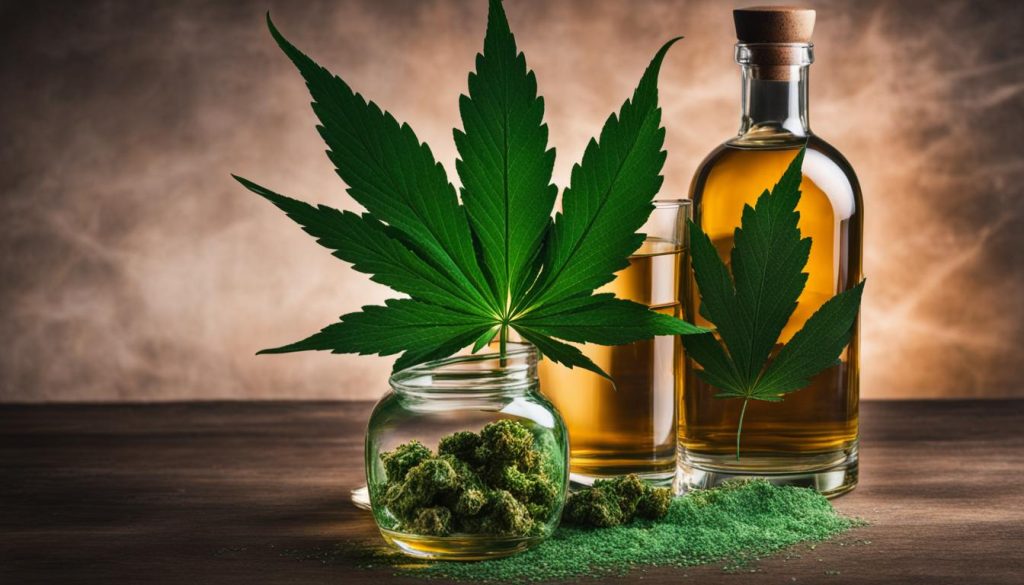
Conclusion
In comparing the effects of cannabis and alcohol, it is clear that both substances have distinct impacts on the body. However, alcohol has more well-established risks, especially in the long term. Regular alcohol use can contribute to chronic diseases such as liver disease, pancreatitis, heart damage, and even infertility. It can also have detrimental effects on the central nervous system and sexual function.
On the other hand, the long-term effects of cannabis use are still not fully understood. While studies suggest potential impacts on brain development and a possible link to schizophrenia, more research is needed to definitively establish these risks. It is important to note that people’s responses to each substance can vary, and moderation and responsible use are key for both cannabis and alcohol.
When it comes to making informed choices about cannabis and alcohol, it is crucial to consider our own health and well-being. Responsible use and moderation are essential. While cannabis may appear to have fewer long-term risks compared to alcohol, it is imperative to remember that individual experiences and reactions can vary. Keeping ourselves informed and staying mindful of our consumption habits will help ensure our safety and well-being.
FAQ
What are the short-term effects of alcohol?
Alcohol can cause intoxication, impair coordination, cognitive skills, and judgment. It can also lead to relaxation, giddiness, and drowsiness. Hangovers with symptoms like headaches and diarrhea can occur the next day.
What are the short-term effects of cannabis?
Cannabis can cause altered perception of time, impair coordination, and cognitive skills. It can also lead to relaxation, giddiness, and drowsiness. Some users may experience dry mouth, red eyes, or increased hunger. Hangovers may include headaches, drowsiness, and brain fog.
What are the long-term health risks of alcohol?
Regular alcohol use can contribute to chronic diseases like liver disease, pancreatitis, heart damage, and infertility. It can also have an impact on the central nervous system and lead to erectile dysfunction. Excessive alcohol use can decrease life expectancy.
What are the long-term health risks of cannabis?
While the long-term effects of cannabis are less clear, studies suggest that it may impact brain development and could be linked to schizophrenia. However, more research is needed to fully understand the risks associated with cannabis use.
What is the potential for misuse of alcohol and cannabis?
Both alcohol and cannabis have the potential for misuse and addiction. Alcohol use disorder is relatively common, while cannabis addiction is surprisingly common as well. Both substances can lead to physical and emotional dependence.
What is the bottom line when it comes to cannabis and alcohol?
Both alcohol and cannabis have distinct effects on the body, with alcohol having more well-established risks. More research is needed to fully understand the long-term effects of cannabis. Responsible use and moderation are important when consuming either substance. It is up to individuals to make informed choices and consider their own health and well-being.
What are the social and cultural impacts of alcohol and cannabis?
Alcohol has a long-standing cultural acceptance and plays a significant role in many societies. Cannabis, on the other hand, still faces stigma but is gaining acceptance. The social and cultural impacts of both substances differ, with alcohol deeply embedded in cultural traditions and cannabis still finding its place.

